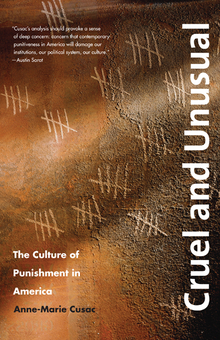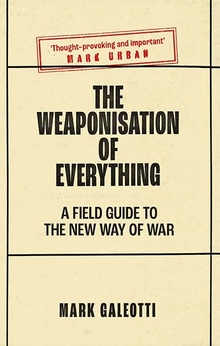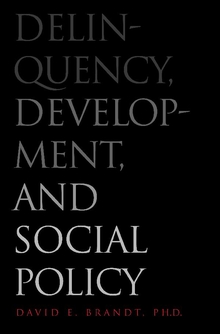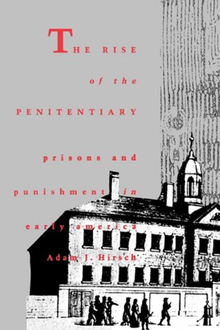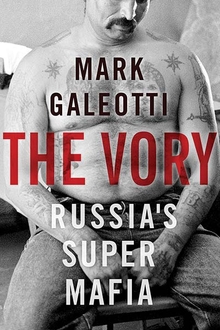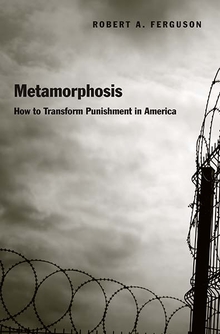Cruel and Unusual
WARNING
You are viewing an older version of the Yalebooks website. Please visit out new website with more updated information and a better user experience: https://www.yalebooks.com
The Culture of Punishment in America
Anne-Marie Cusac
Scandals at Abu Ghraib and Guantanamo signal alarming changes in America’s attitudes toward criminals, punishment, and democratic ideals
The statistics are startling. Since 1973, America’s imprisonment rate has multiplied over five times to become the highest in the world. More than two million inmates reside in state and federal prisons. What does this say about our attitudes toward criminals and punishment? What does it say about us?
This book explores the cultural evolution of punishment practices in the United States. Anne-Marie Cusac first looks at punishment in the nation’s early days, when Americans repudiated Old World cruelty toward criminals and emphasized rehabilitation over retribution. This attitude persisted for some 200 years, but in recent decades we have abandoned it, Cusac shows. She discusses the dramatic rise in the use of torture and restraint, corporal and capital punishment, and punitive physical pain. And she links this new climate of punishment to shifts in other aspects of American culture, including changes in dominant religious beliefs, child-rearing practices, politics, television shows, movies, and more.
America now punishes harder and longer and with methods we would have rejected as cruel and unusual not long ago. These changes are profound, their impact affects all our lives, and we have yet to understand the full consequences.
"Anne-Marie Cusac’s Cruel and Unusual digs deeply into American history and culture to explain the extravagant cruelty of the punishments visited on criminal offenders. H. Rap Brown in the 1960s famously observed that 'violence is as American as apple pie.' So, says Cusac, is the gratuitous infliction of pain on wrongdoers. The black and white moralism of American Protestantism has given Americans an unusual ability to tolerate the sufferings of others, especially if those others have behaved immorally (as, by definition, most offenders have). Cusac has opened up a wide new field of exploration into the origins of American criminal law and punishment."—Michael Tonry, University of Minnesota
"Cusac illuminates the causal connections between culture and punishment, and her comparison of corporal punishment in the colonial era with contemporary practice yields powerful insights."—Amy Dru Stanley, University of Chicago
"Cusac's analysis should provoke a sense of deep concern: concern that contemporary punitiveness in America will damage our institutions, our political system, our culture."—Austin Sarat, Amherst College
Publication Date: September 28, 2010

